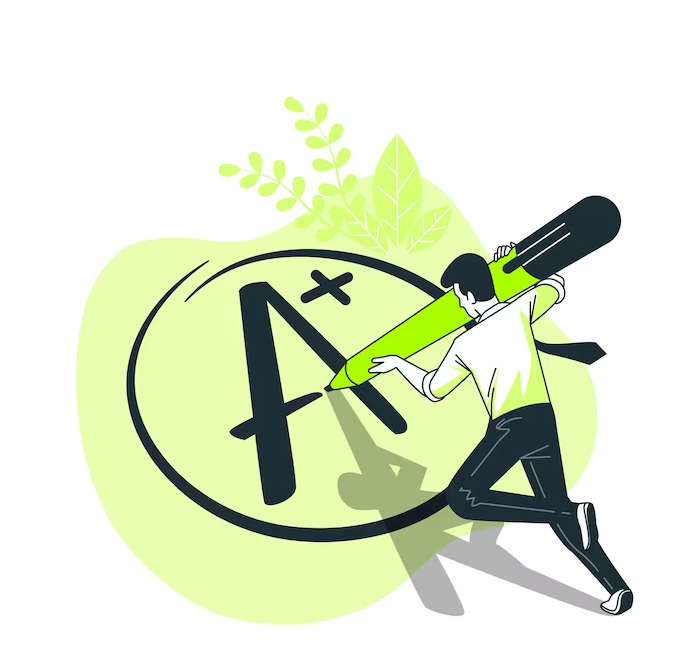
Research papers are very important to the career progression of scholars. The conduct of research takes so much time, effort, and resources and this makes the final result valuable. Researchers are under constant pressure to publish papers. The motto ‘Publish or perish’ enforces academicians to regularly publish research papers.
Grammatical errors can needlessly delay the publication of papers. By employing a service to check English grammar, academics can save a lot of time and effort. A professional English grammar checker checks the document thoroughly and guarantees an error-free manuscript ready to be submitted.
We discuss some of the most common grammatical errors and the way they can be avoided.
1. Spelling
The answer to the question of whether to use American English or British English spelling depends on the preferences of the target journal. So many American spellings, formats, and conventions differ from British ones. Although MS Word offers the option to choose an English Convention, it is more safe to employ a native-speaker editor to ensure that your manuscript conforms to the guidelines of your target journal.
2. Using Articles
Accurate use of articles is crucial for the clarity and readability of the papers. Understanding the difference between indefinite (‘a’ and ‘an’) and the definite article (‘the’) is very important. The definite article of “the” refers to somebody or something that is already known or is the only obvious one of their kind. Examples would be the name of countries, parts of the body, and decades. For example, in The Prime Minister of the United Kingdom, The 1930s, “The” is also used before superlatives and ordinal adjectives such as “the largest”, “the shortest”, “the first of its kind”, “the fifth replicate”
An indefinite article, “a/an”, is used to refer to somebody or something that is not unique but rather just one among many. For example, “A Statistics Professor” or “An Apple from Chili”.
3. Use of “which/who” and “that”
The essential information that is to define a noun should begin with “that”. On the other hand, “which/who” is used before the additional or unnecessary information to define the noun. Use a comma before “which/who” in this context. For example, “The patients that were admitted on Monday were administered the drug.” The sentence means that only the patients admitted on Monday were administered the drug. “The patients, who were admitted on Monday, were administered the drug.” Here, the sentence means that the patients were administered the drug and they just happened to be admitted on Monday.
4. Proofreading
Proofreading is the best way to avoid typographical errors in your manuscript before submission. Reading the manuscript backward, one sentence at a time is an easy way to spot sentence construction errors. The spell-check tool in MS Word is not very reliable, especially when employed for manuscripts full of scientific language. In order to identify incorrect punctuation, reading out the manuscript can be helpful.
5. Accurate Punctuation
The accurate use of periods, colons, semi-colons, and parenthesis is a very important skill that one can master through many years of practice in English. Therefore, it is better to take the advice of an experienced editor any time you have a doubt or question concerning the perfect use of punctuation. Employing trusted English editing services will help you to save time and energy and use them in a more efficient way. The Editing Service of DoNotEdit guarantees the achievement of this aim.
Related article:
Can online spell checkers like Grammarly substitute the editors
